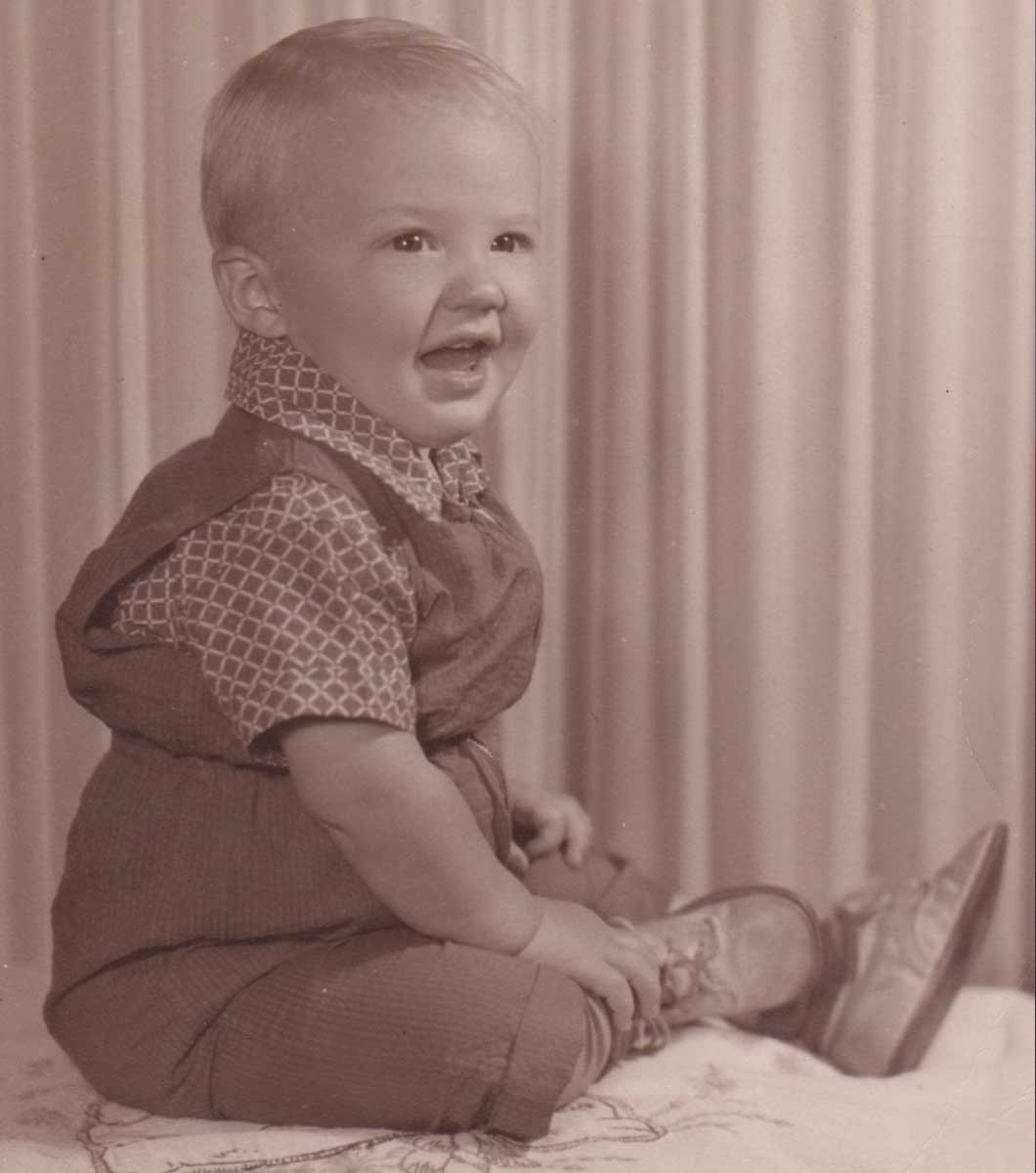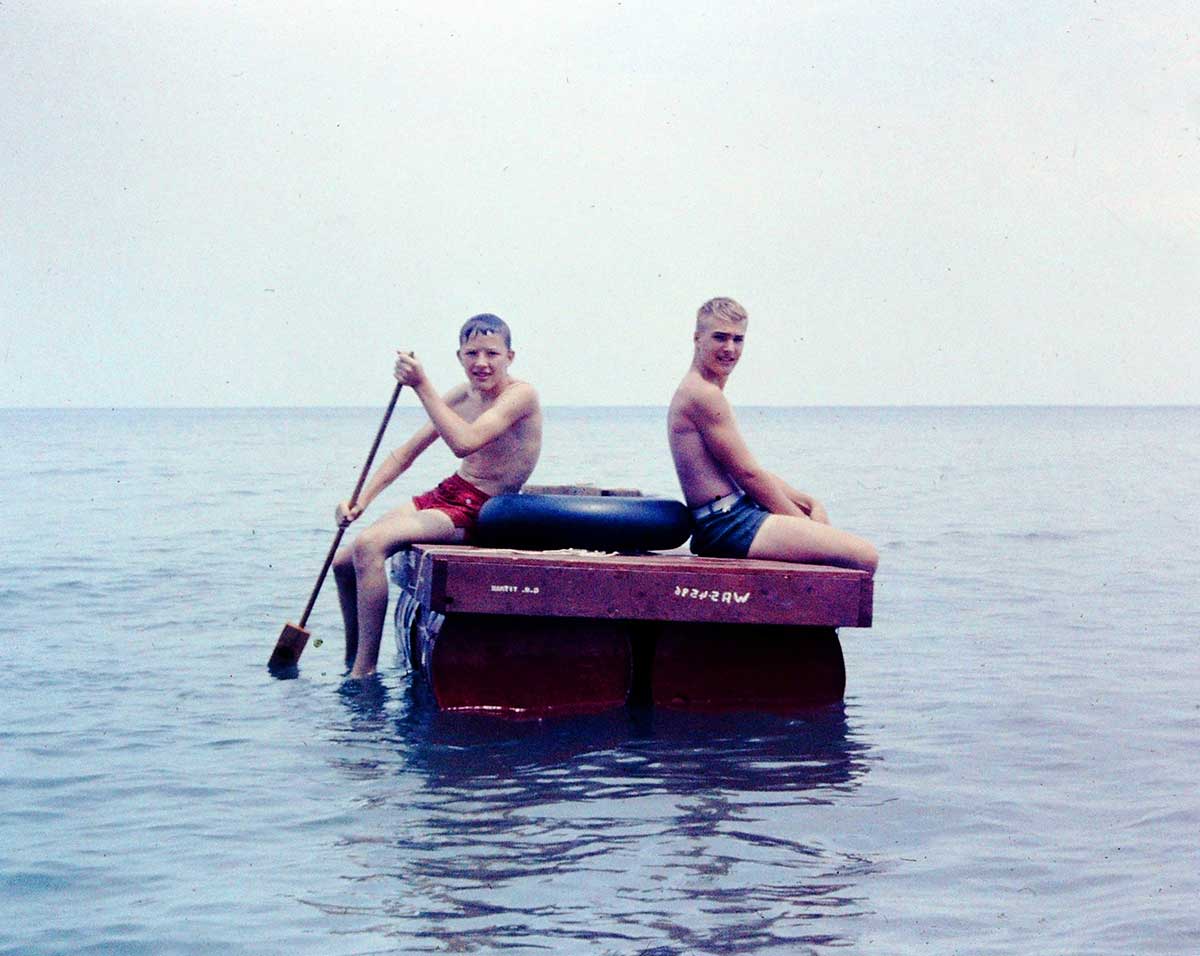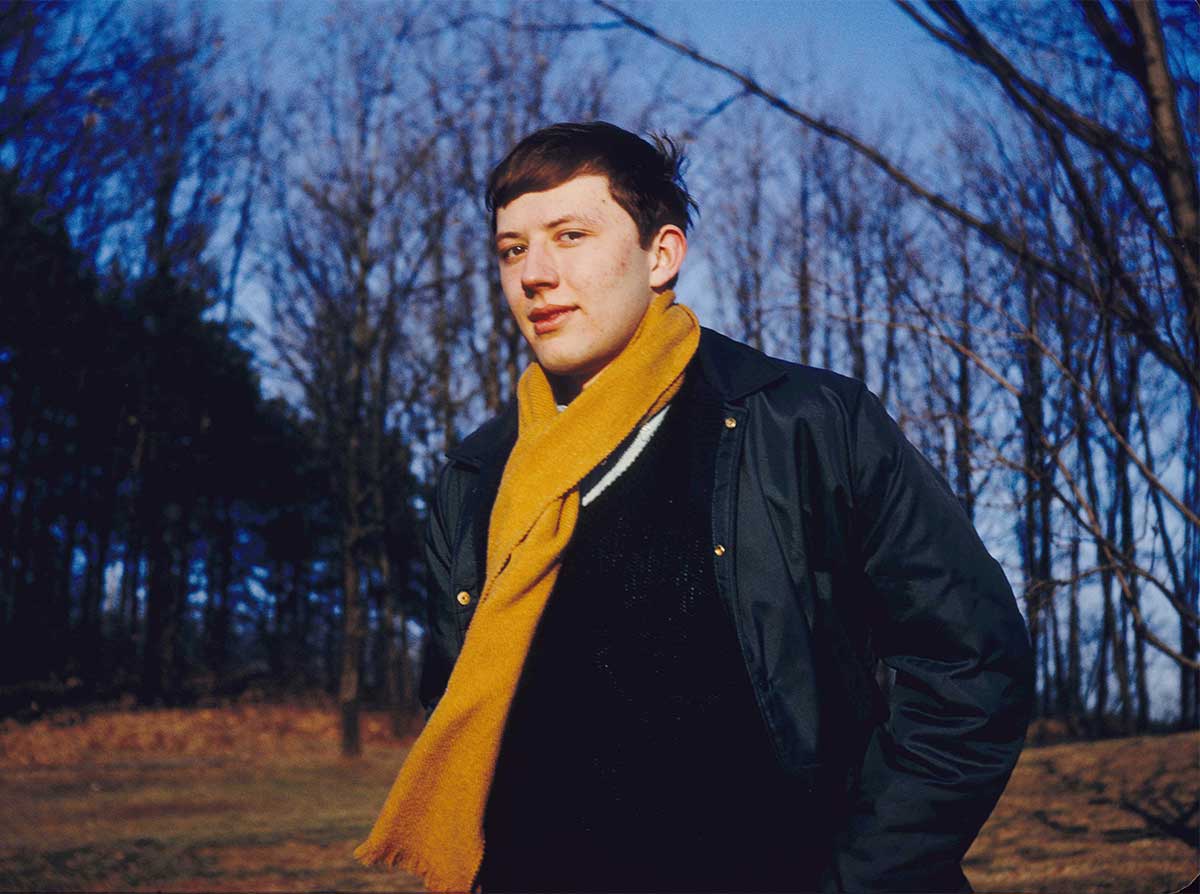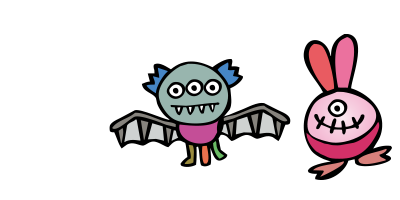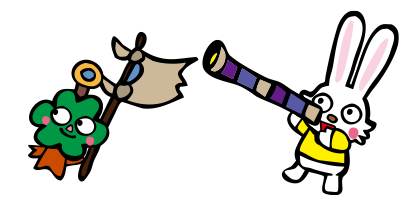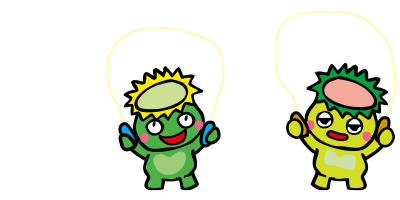- (1) In the middle of the lake (where silicate is high) Algae species A would reproduce more than algae species B.
- (2) Near the shore of the lake where rivers add high levels of phosphate Algae species B would reproduce more than algae species A.
- (3) Between (1) and (2) (where silicate and phosphate levels are almost the same) Algae species A and B would coexist.
In fact, in the competition experiments on algae species A and B in Lake Michigan and in the laboratory, his predictions were proved to be correct. Until that time, most ecological theories simply explained phenomena that had been observed. Therefore, this was the first demonstration that ecology could be a predictive science, and it caused a sensation.
